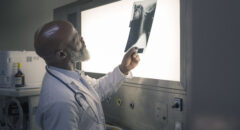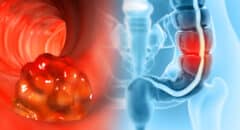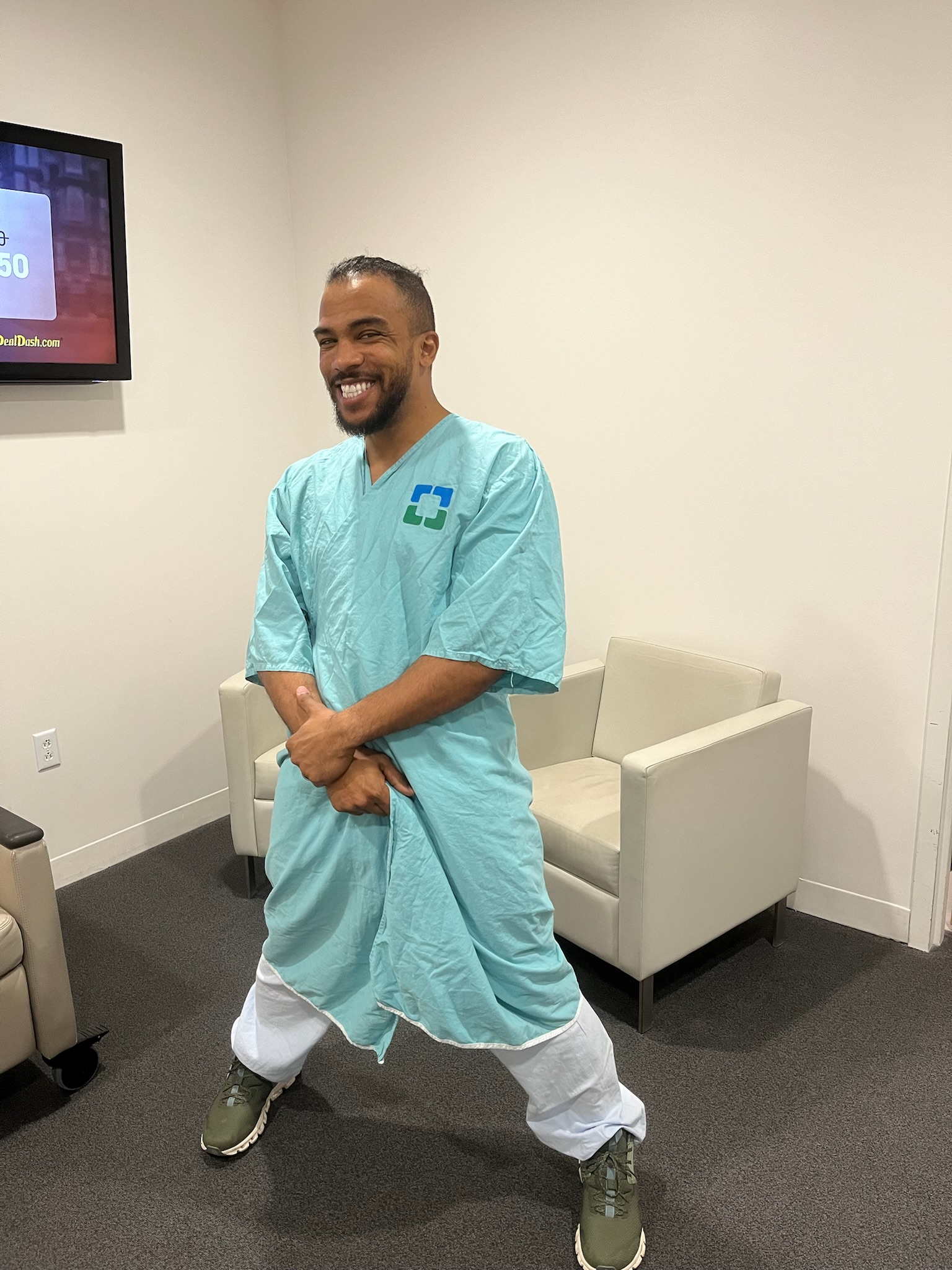
Cancer is often viewed as a disease of the elderly, not something that affects younger, seemingly healthy individuals. However, colon cancer has been steadily increasing among young adults for years. In early 2023, the American Cancer Society (ACS) reported that 20 percent of colon cancer diagnoses in 2019 were in patients under 55—double the rate seen in 1995. Additionally, the incidence of advanced disease has risen by about three percent annually in people under 50. A 2024 ACS report further highlighted that colorectal cancer, which was the fourth leading cause of cancer death in men and women under 50 two decades ago, has now become the leading cause in men and the second leading cause in women (after breast cancer). As a result, experts from Yale have urged people as young as 20 to be aware of the warning signs.
In an exclusive interview with BlackDoctor.org, colorectal cancer survivor John B. Johnson shares his journey from diagnosis to recovery, the challenges of treatment, and his newfound mission to raise awareness about the rising rates of colon cancer among young adults.
In early 2023, Johnson, a fit and health-conscious 35-year-old training for an upcoming marathon, noticed something alarming—blood in his stool. At first, he dismissed it, attributing it to the intense training regimen he was following. But his wife urged him to see a doctor.
“At that time, I didn’t have a regular doctor because I rarely got sick, so I had to establish care. I went in to report the blood in my stool, and they immediately recommended I consult for a colonoscopy. When I went for the consult, they were fairly confident it was a ruptured hemorrhoid, given my health and age. I thought the same,” Johnson shares.
Johnson scheduled the colonoscopy for after his marathon. “Two weeks later, I had the colonoscopy, and when I woke up, the doctor walked in and said they found a tumor. He was pretty sure it was cancer. That’s how I found out,” Johnson recalls.
Despite no known family history of the disease, Johnson’s life was about to take an unexpected and grueling turn. “I don’t know my father, never knew who he was, so his side of the family is unknown. They did do DNA testing to see if there were any genetic indicators, but nothing stood out,” Johnson adds.

Johnson, whose marathon training had been going well as he prepared to qualify for the Boston Marathon and was running at peak performance, was now forced to face the unthinkable.
“When I first heard, my mind immediately went to my wife. My first two questions were: ‘Should I tell my wife?’ and ‘How do I tell her?’ I wasn’t thinking about myself at all. I was just thinking about my wife and our daughter, who was just over a year old at the time. Growing up without a father, my first thoughts were about how my family would handle this,” Johnson says.
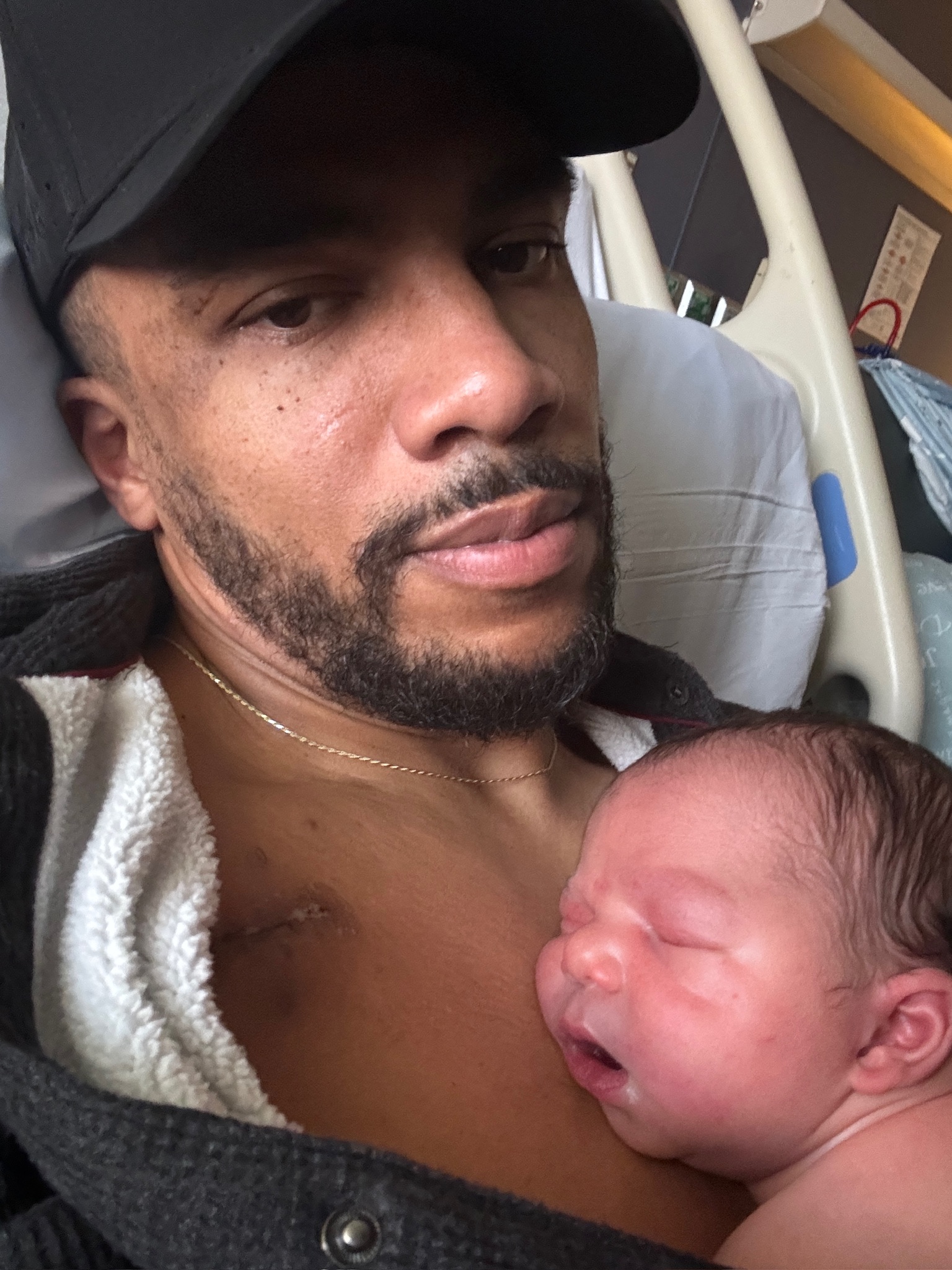
A Grueling Treatment Process
For Johnson, the road to recovery involved a combination of chemotherapy and radiation. While each treatment came with its own set of challenges, the physical toll was immense.
“Physically, radiation was the hardest. I had five weeks of radiation, five days a week, for a total of 25 treatments. Halfway through, the irritation set in, and it was by far the worst pain I’ve ever experienced. The soft tissue in the targeted area became extremely irritated, making bowel movements excruciating, and even sitting for long periods was painful,” Johnson shares.
Chemotherapy, on the other hand, wasn’t as painful but still took a toll.
“It made me weak, nauseous, and changed my appetite. The chemo also caused neuropathy, where my hands, feet, and even my mouth became very sensitive to cold. I couldn’t drink room-temperature water or touch anything cold without severe discomfort. That was during winter in Cleveland, so it was really tough,” Johnson adds.
RELATED: “No More ‘Do It Later’”: Deondre Williams on Life After Colon Cancer
For the first time in his life, Johnson felt physically handicapped.
“The treatment was incredibly challenging because life didn’t stop. I still had to work because I run my own business, and I still had to show up every day for my wife and my kids. You still have to live your life while going through treatment, and I don’t think that’s talked about enough,” Johnson shares.
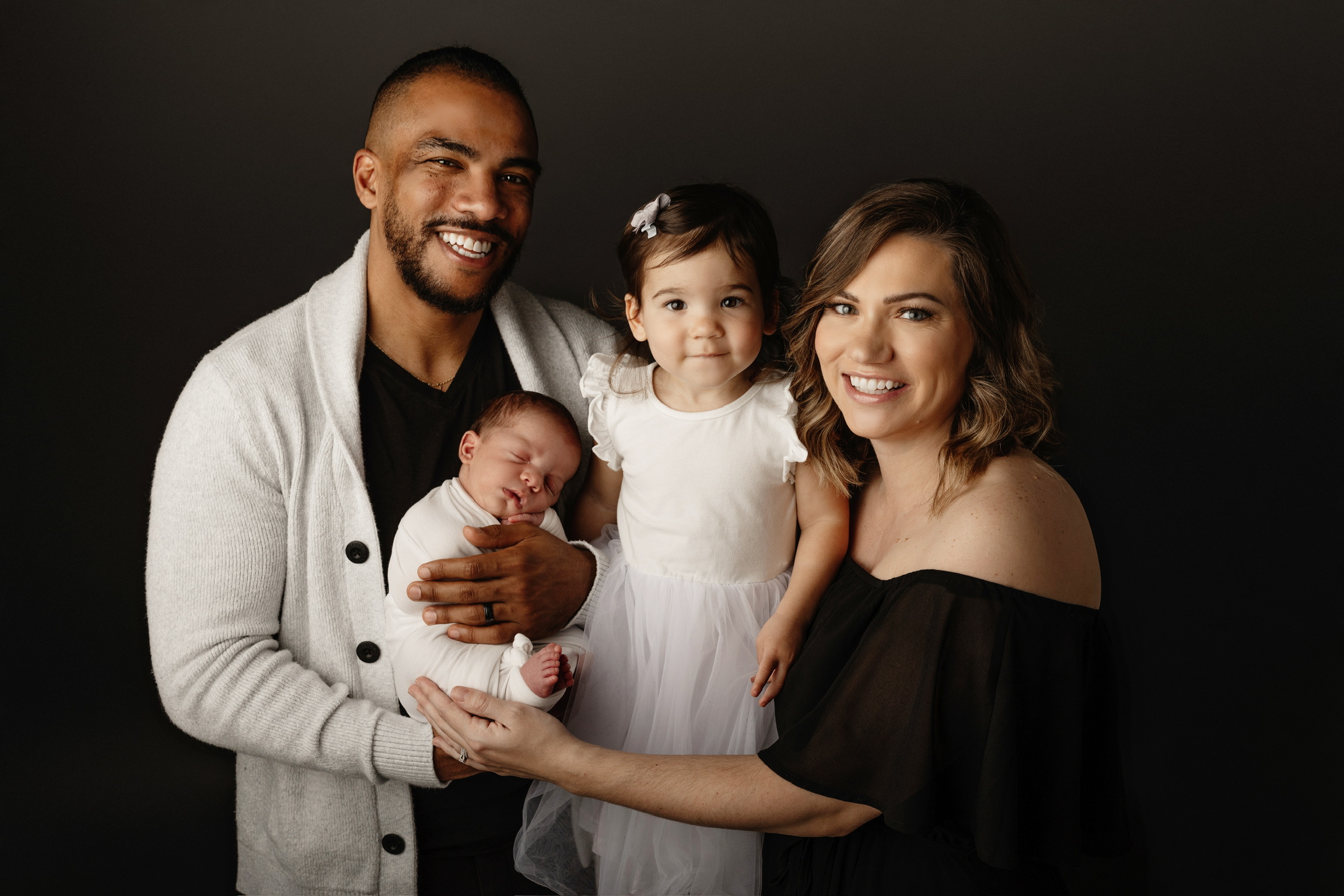
Finding Strength Through Faith, Family, and Purpose
Johnson attributes his ability to get through the toughest times to a few key sources of strength.
“My faith in God got me through this. Without it, I don’t think I would’ve survived emotionally. I would’ve fallen into a victim mindset instead of seeing this as a blessing and an opportunity to grow,” Johnson notes.
He also credits his wife, who supported him through every doctor’s appointment and treatment session.
“My wife was incredible. Two weeks after we found out I had cancer, we found out she was pregnant with our second child, my son. That news was like a miracle for me. It shifted my mindset from despair to empowerment. My wife was my rock. She scheduled every appointment, went with me to all of them, and took care of our daughter, all while being pregnant herself. I can’t thank her enough for everything she did,” Johnson shares.
Another unexpected source of relief came from using edibles to manage the nausea caused by chemotherapy. “The prescribed medications didn’t work, but the edibles gave me some relief and energy during those first tough weekends of chemo. I know there are differing views on using edibles during chemo, but for me, they were a lifesaver,” he says.
Johnson’s business also became a refuge. “Having my team and a creative outlet kept me out of my head and focused on my purpose,” he shares.

A New Mission
Johnson completed his treatments in January 2024 and is well on the road to recovery.
“I’ve done everything I can to get back to 100% physically. I’m close. I’m grateful to have my strength back,” Johnson says.
His battle with cancer has made him acutely aware of how vulnerable even healthy people can be to this disease.
“When I first found out I had cancer, I was mad. I was a vegetarian, worked out, didn’t drink, and lived clean, but still got colon cancer at 35. Now, I don’t take anything for granted. I enjoy life more, whether it’s a quick run with my daughter or indulging in ice cream,” he shares.
Determined to raise awareness, especially for younger people, Johnson has now taken on the role of an advocate. He wants to break the stigma that colon cancer only affects older individuals and is working to promote early detection.
“I was in the best shape of my life and still got it,” he notes.
Johnson is planning to run the Boston Marathon in 2025, using the event to build awareness for early-onset colorectal cancer. He hopes to inspire others, particularly in the Black community, to take their health seriously and get regular screenings, especially if they experience any symptoms.
“My doctor has already committed to sponsoring me, and I’m working on building a team of people who truly want to help spread the message, especially to young Black men. That’s where my heart is,” Johnson shares.
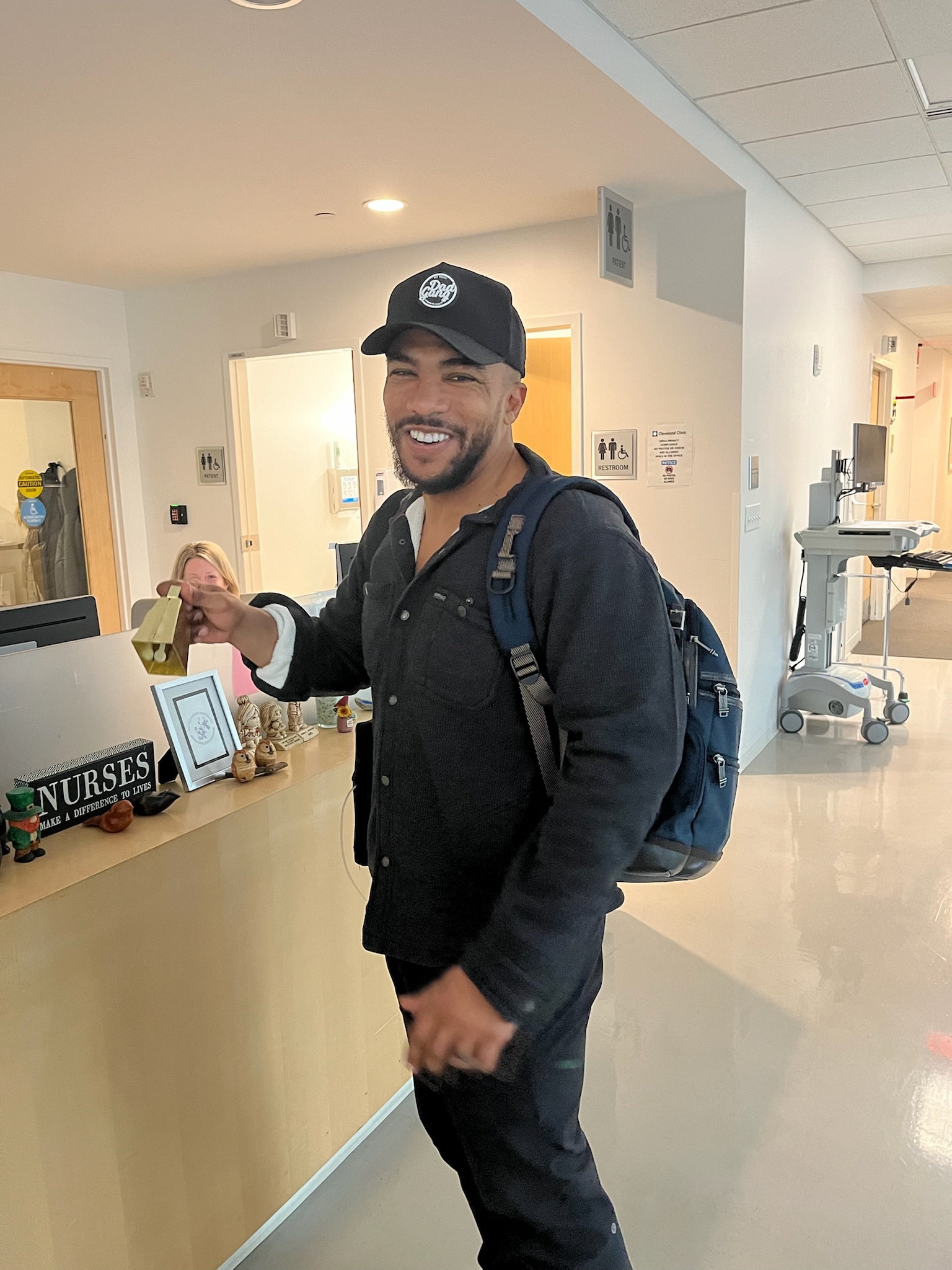
Looking to the Future
For Johnson, the most rewarding part about sharing his story is the hope that his experience could save a life. “I’ve never heard of someone my age getting colon cancer until I was diagnosed, and that needs to change,” Johnson says. “If sharing my story encourages just one person to get checked, then it’s worth it.”
As he continues his recovery, Johnson is focused on partnering with organizations that are truly committed to helping people, not just profiting from their stories.
“My goal is to advocate with those who genuinely want to help people,” Johnson concludes.
If you’re interested in learning more or want to get involved in advocating for better screening rates in our communities, visit the Colorectal Cancer Alliance Black Outreach Subcommittee for Screening Taskforce (BOSS) to discover more resources and support.



